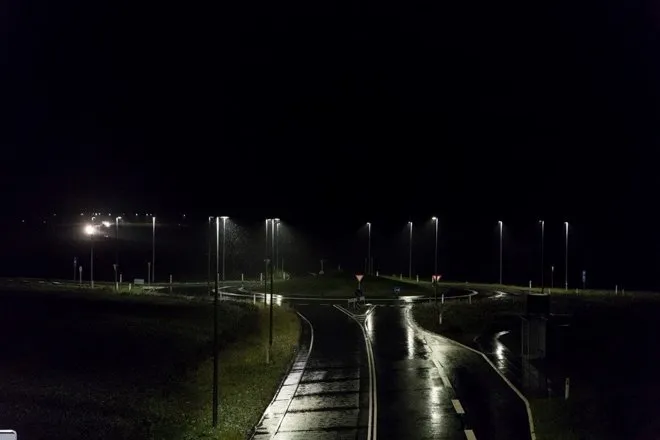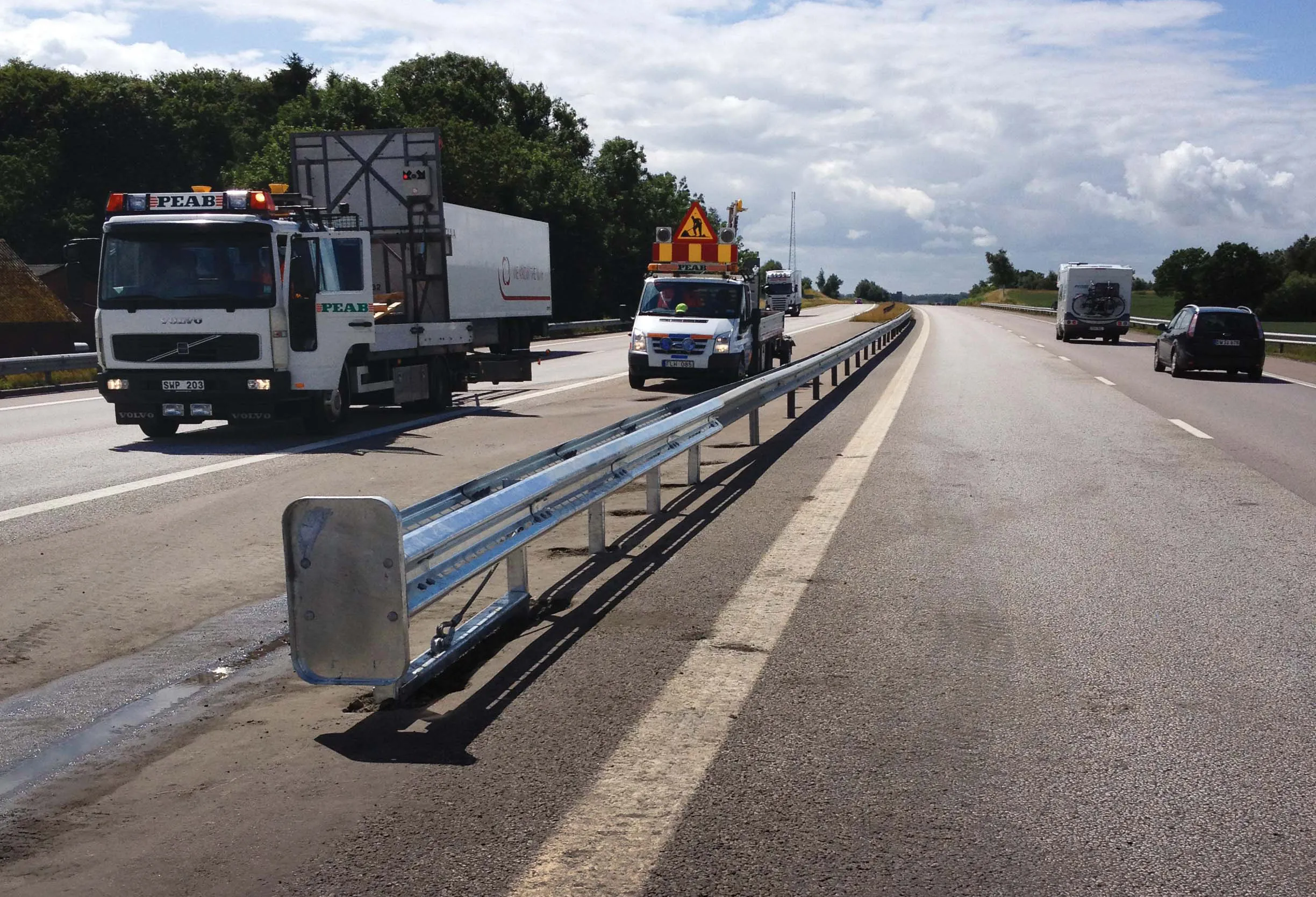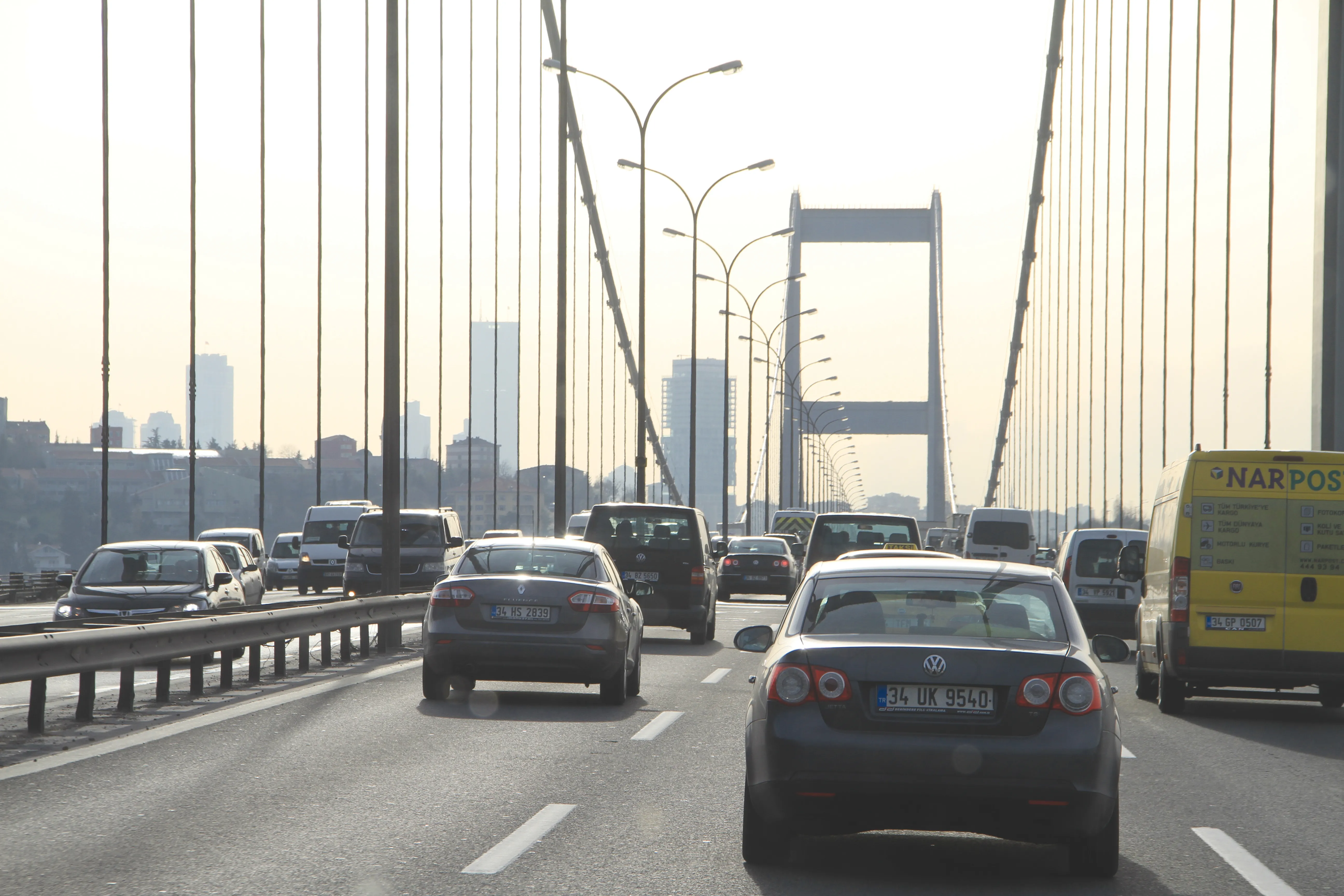
The Danish Road Directorate, Vejdirektoratet, has completed its largest lighting project, replacement of 23,000 lamps on the national road network with modern LED lamps.
Vejdirektoratet also said it has removed lighting on motorway sections where it was deemed not essential. Overall, the project means that energy consumption for road lighting has been reduced by about 65%, according to Thomas Danielsen, Denmark’s transport minister.
Total investment is about €18.75 million. However, the lower operating costs mean that the investment is expected to be paid back in just under six years. At night, the light is automatically reduced to half the previous level in many places to save energy, where there is no need for much brighter light.
Last December, the directorate published an updated version of the Danish Road Lighting Handbook - one of the most used Danish standards to meet the Danish Road Lighting Guidelines and which is heavily adopted for state roads, municipalities and road infrastructure.
The updated handbook introduces three new terms and concepts concerning light pollution, good light and biodiversity. These are “environmental zones”, “G-index” and “mDER (Melanopic Daylight Efficacy Ratio)”.
Last May 2024, the Danish Road Directorate published the report “The Impact of Lighting on Animals, Plants and Humans.” The report helped form the basis for the measures the directorate incorporated into the updated road lighting handbook.









